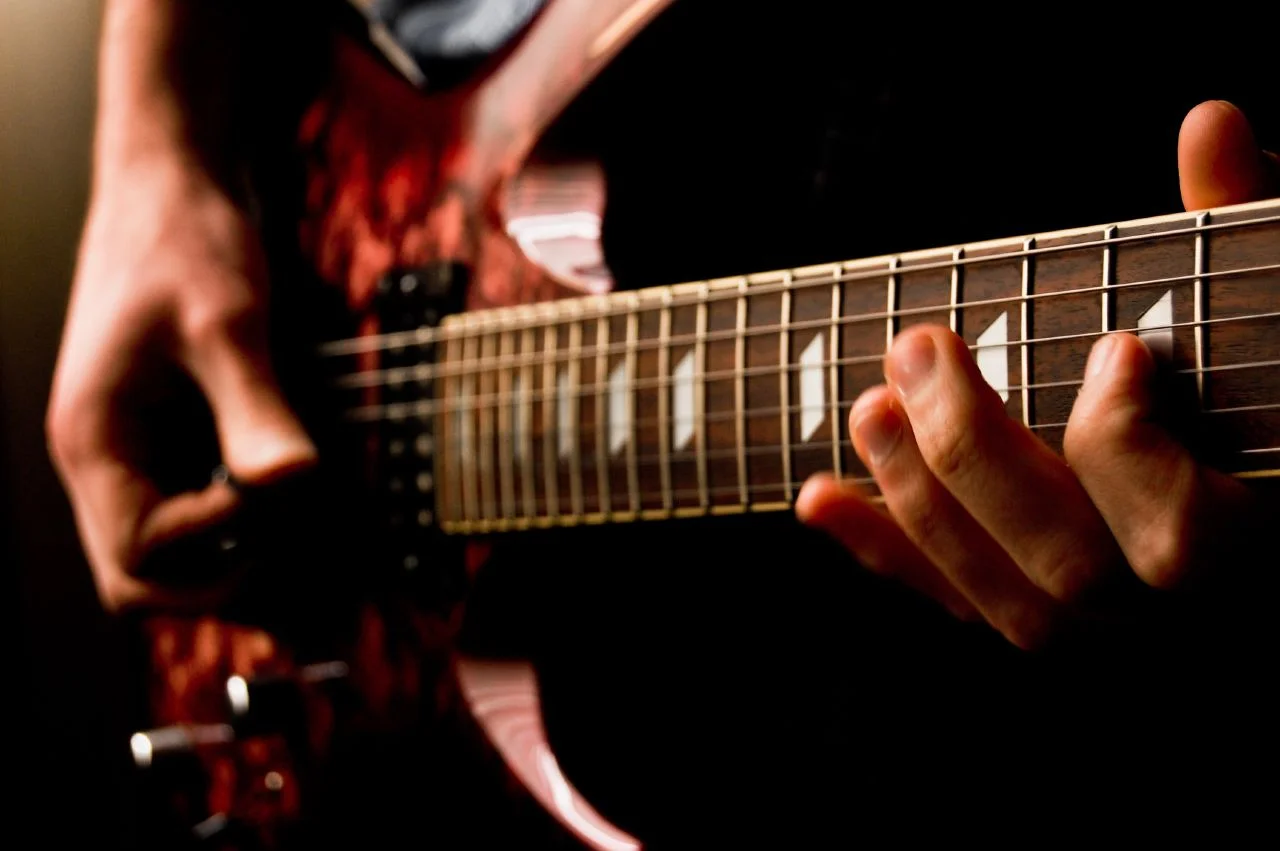By Megan Grady
Do you have a student who’s extremely musically or artistically inclined or one who is passionate about pursuing the arts for college and beyond? Does the idea of your child trying to “make it” as an artist worry you? I’m here to unpack the antiquated idea that a career in the arts is a death-sentence on your salary, lifestyle or economic stability/mobility. Sure, it requires a lot of hard work to sustain a life as a musician (or other artist) and there are certain aspects that are far short of perfect, but who’s job is really secure and perfect these days?










